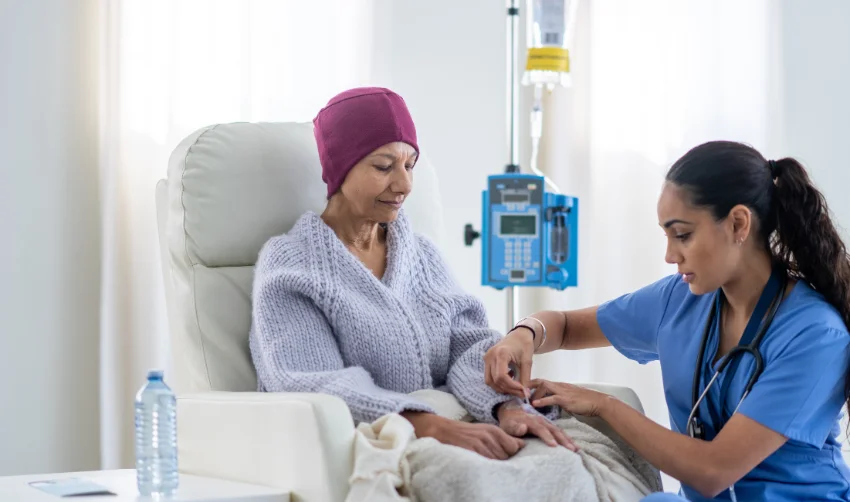Chemotherapy is a powerful treatment that can save lives by destroying cancer cells. However, along with its benefits, chemotherapy can also bring about a range of side effects that can be challenging to navigate. Understanding how these drugs impact your body is crucial to managing these side effects effectively. In this article, we will explore the various side effects of chemotherapy drugs and provide insights into what you can expect during treatment. From hair loss and nausea to fatigue and changes in appetite, we will delve into each side effect, offering tips and techniques to help you cope.
By understanding the impact of these drugs on your body, you can better prepare yourself for the journey ahead. Whether you’re a cancer patient undergoing chemotherapy or supporting a loved one through treatment, this article aims to equip you with the knowledge needed to face the side effects head-on.
Join us as we navigate the chemotherapy drugs’ side effects together, shedding light on this important aspect of cancer treatment and offering practical advice to make the journey a little easier. Before diving into the details, it’s essential to recognize the drug allergy signs that might occur with chemotherapy, ensuring prompt and appropriate reactions to any adverse effects.
Common Side Effects of Chemotherapy Drugs
Chemotherapy can affect different people in different ways, but there are some common side effects that many patients experience. These side effects can vary depending on the type of chemotherapy drugs used, the dosage, and the individual’s overall health. It’s important to remember that not everyone will experience all of these side effects, and some may experience them to a lesser degree.
1. Understanding The Impact on The Immune System
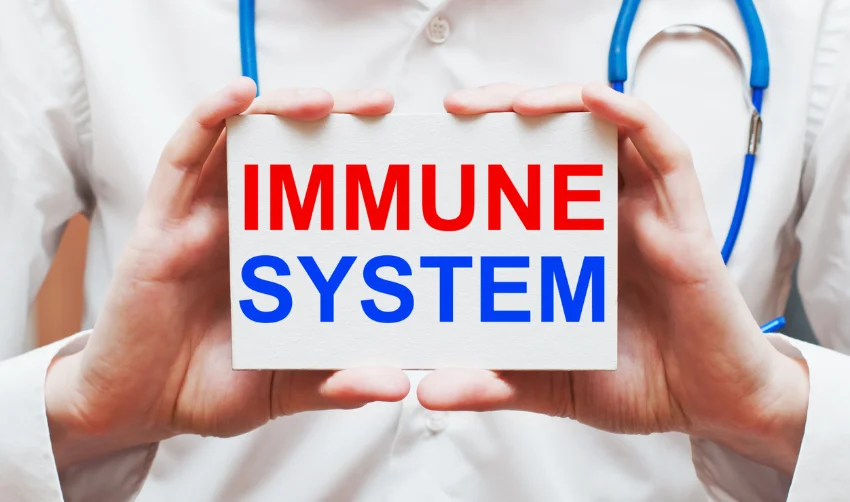
Chemotherapy drugs work by targeting rapidly dividing cells, including cancer cells. However, they can also affect healthy cells in the body, including those of the immune system. This can lead to a weakened immune system, making you more susceptible to infections and illnesses.
During chemotherapy treatment, it is important to take extra precautions to protect yourself from infections. This includes practicing good hand hygiene, avoiding crowded places, and staying away from individuals who are sick. Your healthcare team may also recommend certain vaccinations to boost your immune system and protect against specific infections.
If you do develop an infection during chemotherapy, it is important to seek medical attention promptly. Even minor infections can quickly escalate and become serious in individuals with a weakened immune system. Your healthcare team will be able to provide guidance on managing and treating infections during chemotherapy.
To further enhance your immune system’s strength during chemotherapy, consider incorporating Vitamin C to boost the immune system into your daily regimen, as its antioxidant properties can be particularly beneficial.
2. Managing Gastrointestinal Side Effects
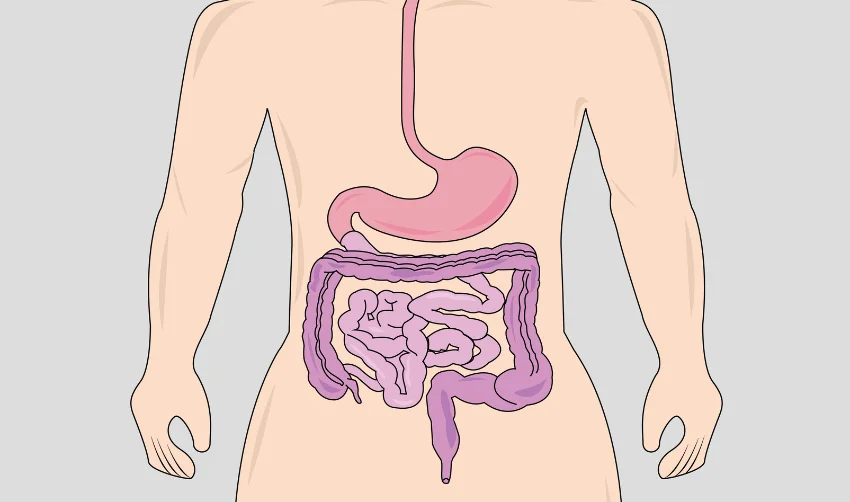
Gastrointestinal side effects are common during chemotherapy and can include nausea, vomiting, diarrhea, and constipation. These side effects can be disruptive to daily life and may impact your ability to eat and drink normally.
To manage nausea and vomiting, your healthcare team may prescribe antiemetic medications. It can also be helpful to eat small, frequent meals and avoid foods that are greasy, spicy, or strongly flavored. Ginger, either in the form of ginger tea or ginger candies, can also help alleviate nausea.
Diarrhea and constipation can be managed through dietary changes and medication, if necessary. Increasing fiber intake and staying hydrated can help alleviate constipation, while avoiding foods that are known to trigger diarrhea, such as spicy foods and caffeine, can help manage diarrhea.
3. Coping with Hair Loss and Changes in Appearance

Hair loss can be one of the most visible side effects of chemotherapy drugs, and it can have a significant impact on a person’s self-esteem and body image. It’s important to remember that hair loss is temporary, and that there are ways to cope with the changes in appearance.
While coping with hair loss, it’s also helpful to explore the best vitamins for hair growth, which can assist in promoting healthier hair regrowth post-chemotherapy. Consider experimenting with different head coverings, such as wigs, scarves, or hats, to find a style that makes you feel comfortable and confident. Some cancer centers and organizations also offer programs that provide free or low-cost wigs for individuals undergoing chemotherapy.
In addition to managing hair loss, chemotherapy can also cause changes in the skin, nails, and overall appearance. Dry skin, nail discoloration, and changes in complexion are common. Using gentle skincare products, keeping nails trimmed and moisturized, and using makeup to enhance your features can help you feel more like yourself during treatment.
4. Dealing with Fatigue and Energy Levels
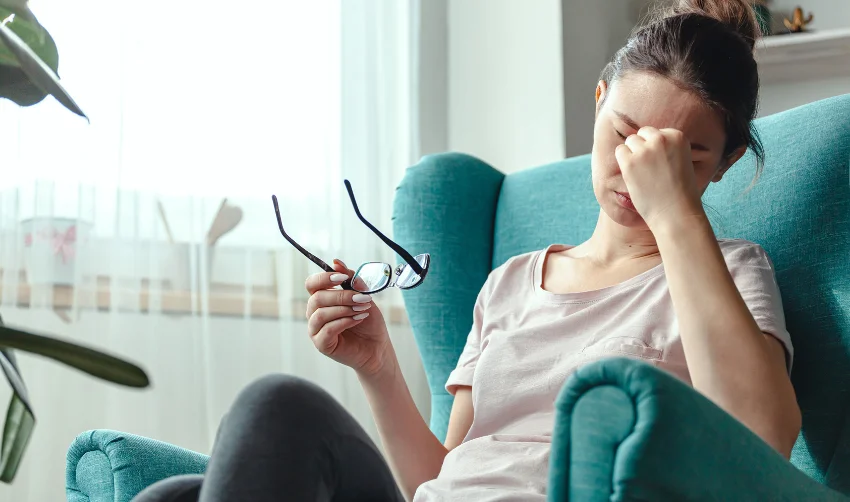
Fatigue is a common side effect of chemotherapy, and it can be overwhelming at times. It’s important to listen to your body and prioritize rest, while also finding ways to manage fatigue and maintain your energy levels. Incorporating gentle exercise into your routine, such as walking or yoga, can help combat fatigue and improve overall well-being. It’s important to start slowly and listen to your body, gradually increasing the intensity and duration of exercise as you feel able.
Additionally, maintaining a balanced diet and staying hydrated can help support your energy levels. Eating small, frequent meals that are rich in nutrients can provide sustained energy throughout the day. It can also be helpful to limit caffeine and sugar intake, as these can cause energy crashes.
For those struggling with fatigue, incorporating daily energy booster supplements can be a beneficial strategy to maintain energy levels and combat chemotherapy-induced tiredness.
5. Emotional and Psychological Side Effects of Chemotherapy Drugs
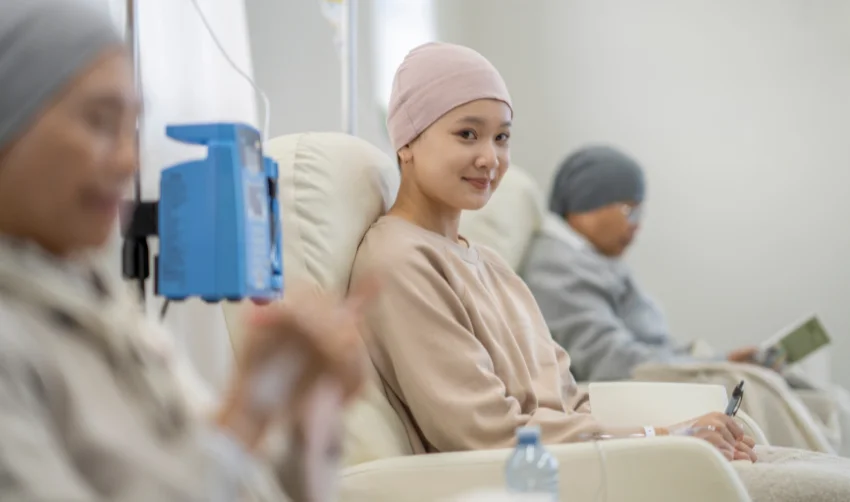
Chemotherapy can take a toll not only on the body but also on the mind. Many patients experience a range of emotional and psychological side effects, including anxiety, depression, and mood swings. It’s important to recognize that these feelings are normal and that there are resources available to help you cope.
Seeking support from loved ones, joining support groups, and talking to a mental health professional can all be beneficial. Expressing your feelings and concerns can provide a sense of relief and help you navigate the emotional challenges of chemotherapy.
6. Navigating Fertility and Reproductive Concerns
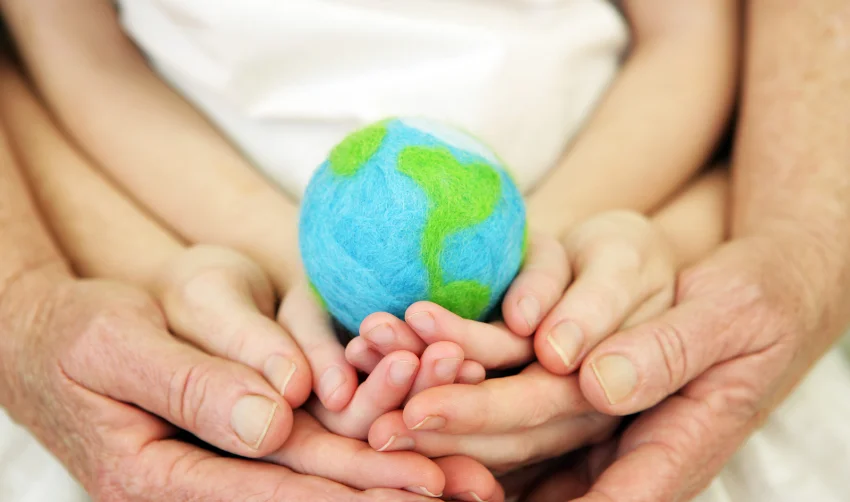
For individuals of reproductive age, chemotherapy can have implications on fertility. Some chemotherapy drugs can cause temporary or permanent damage to the ovaries or testes, leading to infertility. It’s important to discuss fertility preservation options with your healthcare team before starting chemotherapy.
Options such as freezing sperm or embryos, or harvesting and freezing eggs, can help preserve fertility for the future. It’s important to have these discussions early on, as fertility preservation may need to be done before the start of chemotherapy treatment.
If fertility preservation is not possible or if you are already postmenopausal, adoption and surrogacy can be alternative paths to parenthood. It’s important to explore all available options and make decisions that align with your personal preferences and values.
Supportive Care Options for Chemotherapy Side Effects
In addition to medical interventions, there are various supportive care options available to help manage the side effects of chemotherapy. These can include complementary therapies such as acupuncture, massage, and yoga, as well as psychological support services.
Complementary therapies can help alleviate symptoms such as nausea, pain, and fatigue. They can also provide a sense of relaxation and well-being during treatment. It’s important to discuss these options with your healthcare team to ensure they are safe and appropriate for your specific situation.
Psychological support services, such as counseling or therapy, can also be beneficial in managing the emotional and psychological side effects of chemotherapy. These services provide a safe space to express your feelings, navigate challenges, and develop coping strategies.
Conclusion: Empowering Yourself During Chemotherapy Treatment
Navigating the side effects of chemotherapy drugs can be challenging, but by understanding the impact of these drugs on your body, you can better prepare yourself for the journey ahead. From managing hair loss and gastrointestinal side effects to coping with fatigue and emotional challenges, there are strategies and resources available to help you navigate each step.
Remember to reach out to your healthcare team for guidance and support throughout your treatment. They can provide personalized advice and interventions to help manage your specific side effects. Additionally, don’t hesitate to seek emotional support from loved ones, support groups, or mental health professionals. You don’t have to face chemotherapy alone; there is a network of support available to you.
By empowering yourself with knowledge, seeking support, and practicing self-care, you can navigate the side effects of chemotherapy with resilience and strength. Remember, you are not defined by your side effects, but by your courage and determination to overcome them.
Remember, local resources like Knowles Maryland’s compounded pharmacy services can offer personalized medication solutions to help manage the side effects of chemotherapy more effectively.


